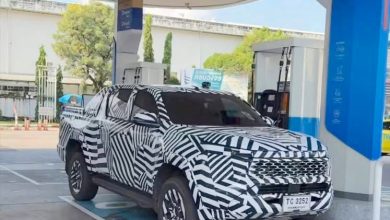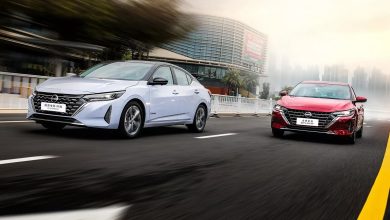Volkswagen Takes India To Court Over RM 6.2 Billion Tax Demand

The Indian authorities previously accused Volkswagen of misclassifying imports to pay lower duties.
Volkswagen has recently announced that it is suing Indian authorities, in a bid to quash what it termed as an “impossibly enormous” tax demand of RM 6.23 billion ($1.4 billion) that was previously served to the German automaker in September last year.
According to the 105-page filing reviewed by Reuters, Volkswagen is arguing that the ask is contradictory to New Delhi’s import taxation rules for car parts. Volkswagen’s unit, Skoda Auto Volkswagen India, also told the High Court in Mumbai the tax dispute puts at risk its investments of RM 6.73 billion ($1.5 billion) in India, and is detrimental to the foreign investment climate.
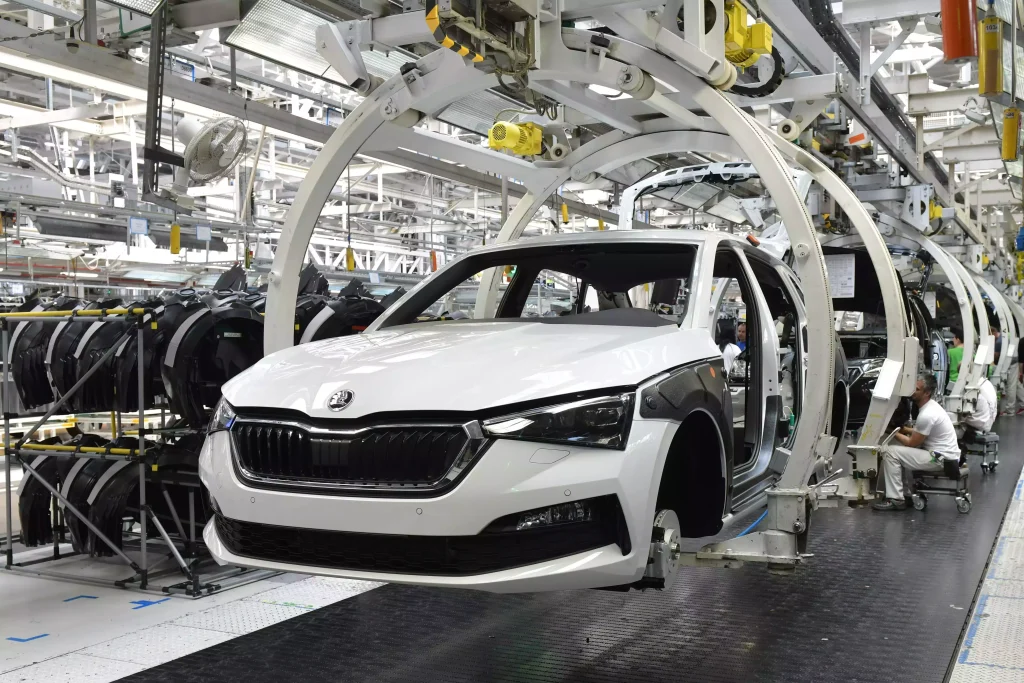
In what has become the country’s the biggest ever import tax demand, India in September previously slapped a RM 6.23 billion ($1.4 billion) tax notice on Volkswagen for using a strategy to break down imports of some VW, Skoda and Audi cars into many individual parts to pay a lower duty.
The authorities allege that the automaker used to import “almost the entire” car in unassembled condition – which attracts a 30-35% import tax in India under rules for CKD, or completely knocked down units, but evaded levies by mis-classifying them as “individual parts” coming in separate shipments, and hence paying just a lower 5-15% levy.
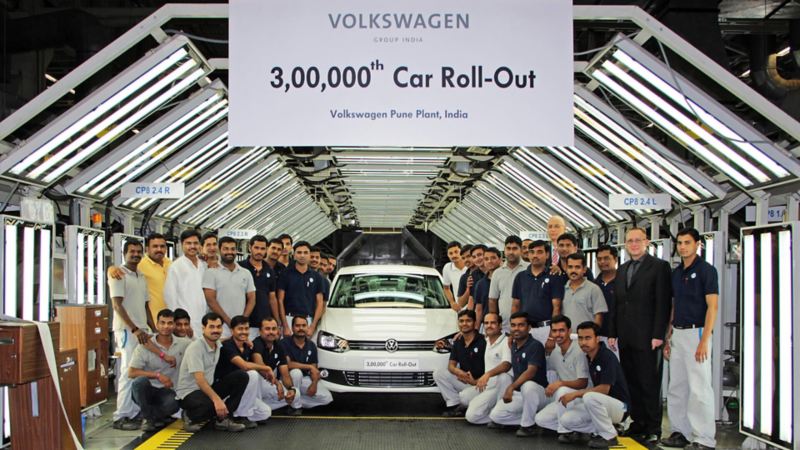
Volkswagen’s Indian unit were alleged to regularly place bulk orders for its cars through internal software, which connected it to suppliers in overseas. And after the order was placed, the software broke it down into “main components/parts”, roughly 700 – 1,500 for each vehicle depending on the model, which were shipped separately over time.
Such imports were made by Skoda Auto Volkswagen India, for its models including the Skoda Superb and Kodiaq, Audi A4 and Q5, and Volkswagen’s Tiguan SUV. Different shipment consignments were used to evade detection and “wilfully evade payment” of higher taxes, the Indian investigation found.
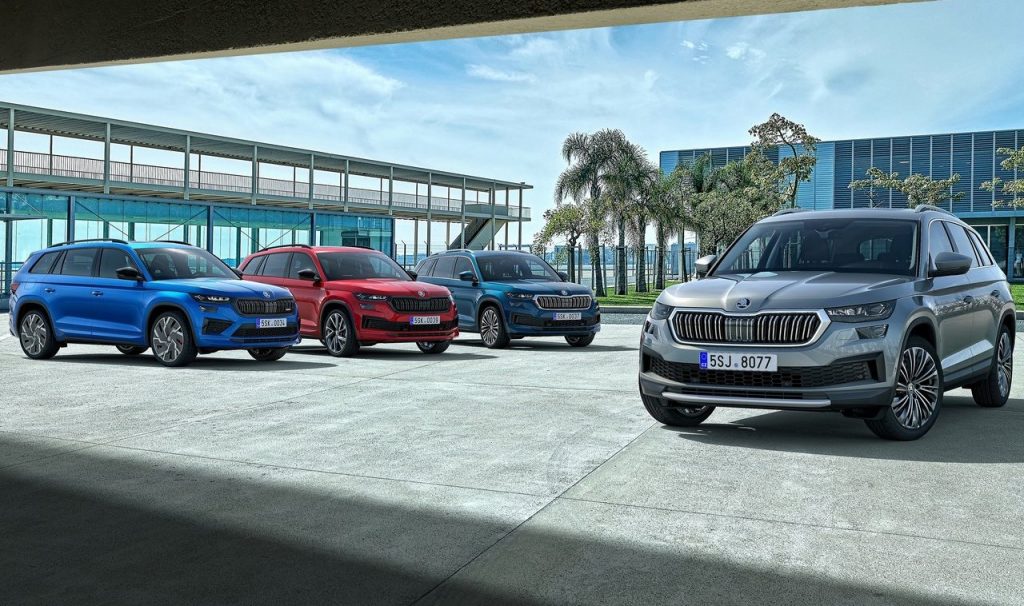
Now Volkswagen India is arguing in court that it is not liable to pay higher taxes as it did not import car parts together as a single “kit”, but instead shipped them separately and then combining them with some local components to make a car. The automaker says in the court filing “there is no exclusive utilisation of the parts towards manufacture of one specific car.”
The German automaker further states that it had indeed kept the Indian government informed of its “part-by-part import” model, and even received clarifications in its support in 2011. The tax notice is “in complete contradiction of the position held by the government … (and) places at peril the very foundation of faith and trust that foreign investors would desire to have in the actions and assurances” of the administration, the court filing states.

A government source earlier told Reuters that with penalties, Volkswagen India may have to pay about double what the Indian tax man demands if it loses the dispute. The High Court in Mumbai is due to start hearing this case on February 5th.
Volkswagen is currently a tiny player in India’s 4-million-unit-a-year car market (the world’s third biggest incidentally after China and the United States) where its Audi brand also lags competitors in the luxury segment like Mercedes and BMW. In 2023-24, the auto conglomerate over there reported sales of RM 9.82 billion ($2.19 billion), and a net profit of just RM 49 million ($11 million).



